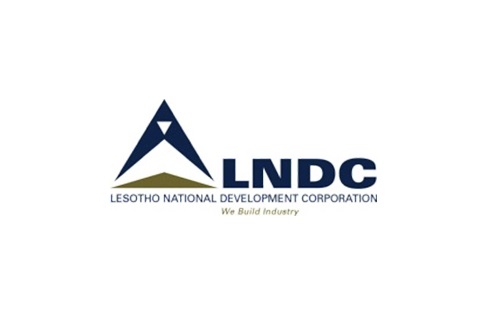The anchor industry in this sector is textile and garment manufacturing which has existed in Lesotho for 30 years competently servicing the US and regional markets. For the past 5 years Lesotho has been the number one exporter of garments to the US under the African Growth and Opportunities Act.
Areas of investment include automotive components, textiles and garments, plastic products, consumer electrical and electronic appliances, packaging material and garment accessories such as zipper and buttons.
Textile and garments
Lesotho’s garment industry produces approximately 90 million knitted garments a year. It is estimated that Lesotho consumes between 22 000 and 26 000 metric tons of knitted fabric per year. A wide range of (mainly cotton) knitted garments is produced from single/ double jersey, pique, interlock and rib fabrics. A number of factories are now beginning to produce fleece knitwear made from synthetics. An opportunity exists for establishment of higher value added garments as well as for establishment of knit mills to support the local garment industry.
Leather and footwear
The leather industry in Lesotho is in its infancy stage. The country has 2 shoe manufacturing factories despite the fact that shoes qualify for all benefits under AGOA. The 2 companies produce mainly for export while a large share of the domestic market has to rely on imports from South Africa.
Foreign direct investment opportunities in this sector would include leather tanning and finishing, footwear and footwear components, leather garments, leather goods including bags, car seat covers, wallets, belts, gloves and other accessories.
Consumer electrical and electronic appliances
The country boasts a pool of labour resource which includes people who have graduated with different technical diplomas. The knowledge and skills acquired will enable them to work on subassemblies or the final assembly of an array of finished electrical and electronic products or components.
Opportunities exist in the production of a wide range of finished goods from manufactured parts or subassemblies. These could involve assembly of intricate manufactured products such as engines, computers, electrical and electronic components, radio or test equipment, machine tool controls and prototypes of different types of products to meet the domestic and international markets. Currently only four companies assemble electronic and electrical products such as television sets and circuit breakers for international and regional brands.
Packaging materials and accessories
Manufacturers in Lesotho consume a lot of finishing accessories and packaging materials. All accessories are imported. Most of packaging materials are also imported into Lesotho. There are opportunities for manufacture of boxes and plastic packaging materials as well as buttons, zippers and other finishing accessories for garments
Automotive components
The Automotive Industry in Lesotho is fairly new. While the country is not yet ready for an overall assembly of vehicles, the plan is to pluck Lesotho into the regional automotive value chains. The country’s competitive advantage lie mostly within the high labour intensive automotive components manufacturers. South Africa’s strong automotive industry provides such an opportunity for Lesotho to explore value chain opportunities within the industry in line with the competitive advantages of abundant and effective labour at competitive wage rates. With introduction of the new Automotive Production and Development Programme (APDP), South African Automotive Strategy aims to increase its production volumes to 1.2 million vehicles per annum by 2020 and substantially diversify and deepen the component supply chain. Lesotho automotive products qualify for local content under the APDP.
Opportunities for Lesotho lie in the manufacture of small components of finished products to support the South African Automotive Industry (OEMs) and in the long term develop capacity to service export markets. Examples of these are the manufacture of leather car seat covers, plastic and leather interior accessories and electrical components.
Lesotho is also geographically central within South Africa and well positioned to supply all automobile manufacturing plants in the RSA:
- 600km from East London (where Daimler-Chrysler/Mercedes Benz is located)
- 750km from Port Elizabeth (Volkswagen & General Motors/Delta)
- 500km from Pretoria (BMW & Nissan)
- 600km from Durban (Toyota)

About LNDC
The Lesotho National Development Corporation (LNDC) is the main parastatal of the Government of Lesotho charged with the implementation of the country’s industrial development policies.
“The mandate of the Corporation is to initiate, promote and facilitate the development of manufacturing and processing industries, mining and commerce in a manner calculated to raise the level of income and employment in Lesotho.” more...
Contact us
Lesotho National Development Corporation
Block A, Development House, Kingsway Street
Maseru, Lesotho, 100
- [email protected] or [email protected]
- +266 22312012
- Fax: +266 22310038
Stay Connected
